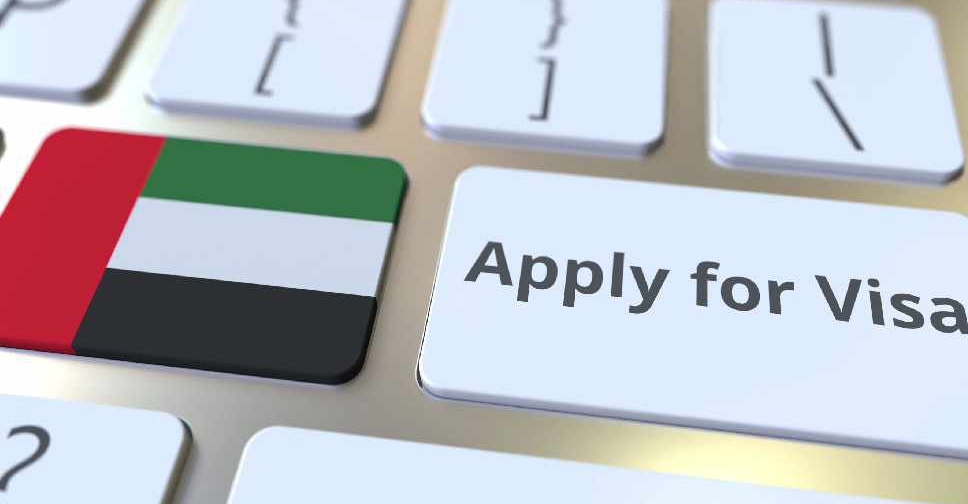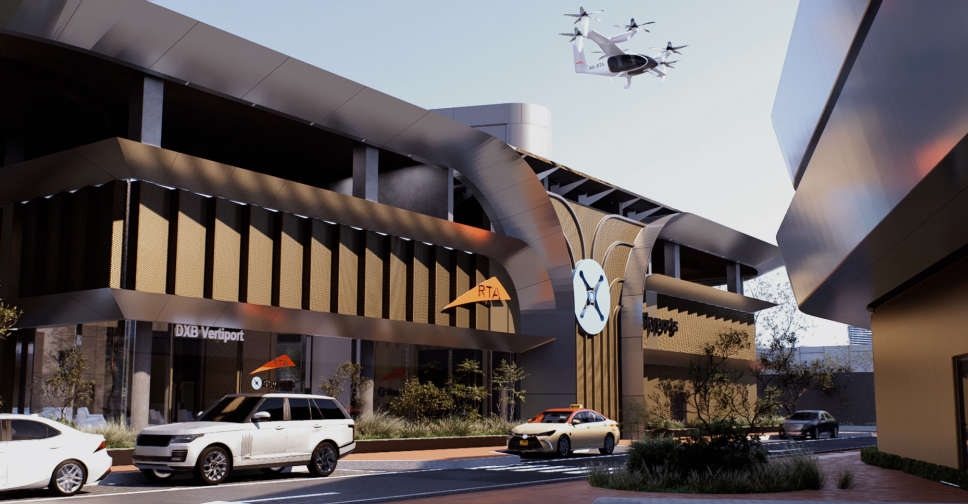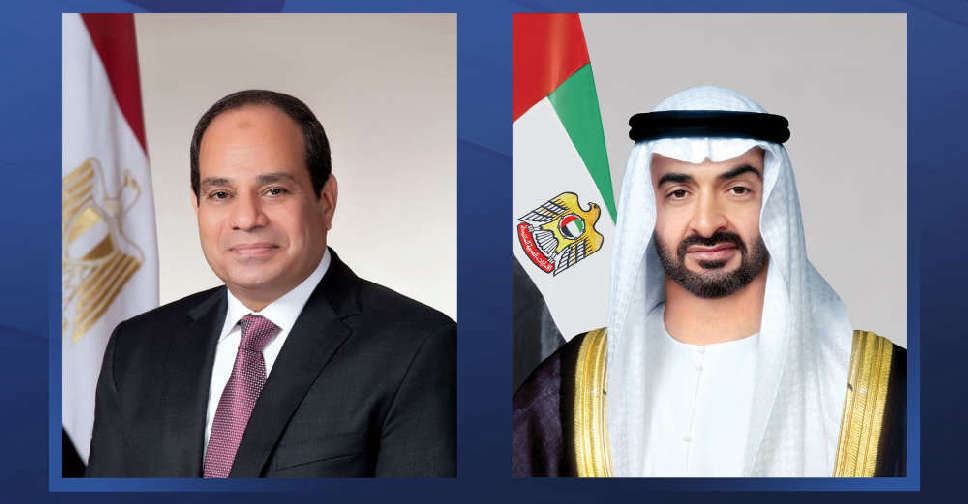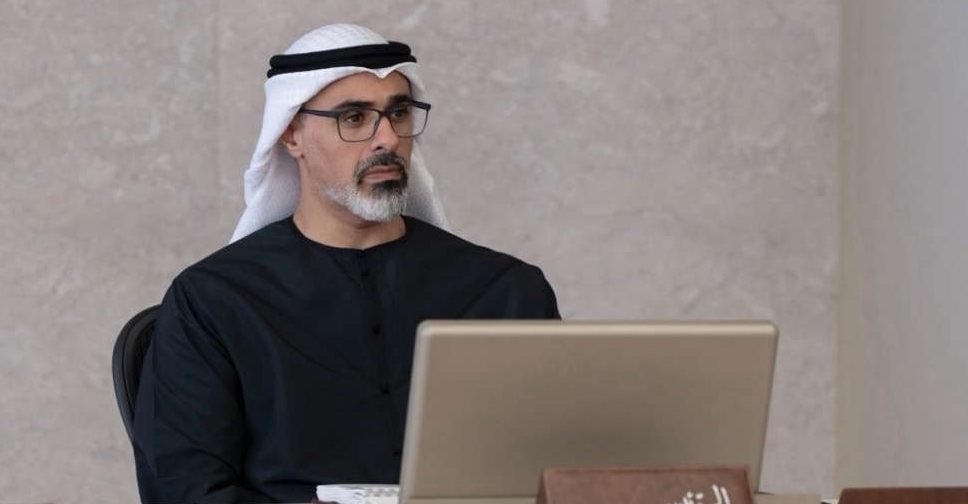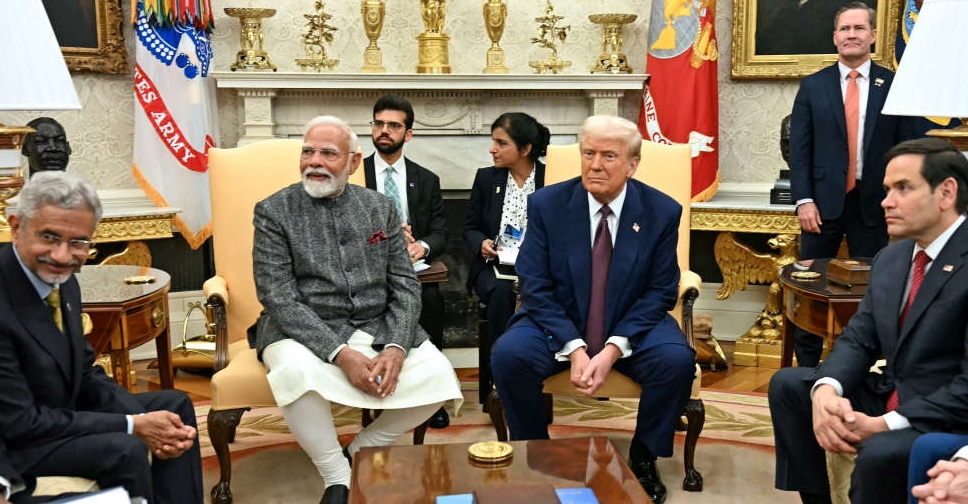
Indian opposition parties criticised the government on Thursday, describing US President Donald Trump's threat of a 25 per cent tariff as a diplomatic failure for New Delhi, while the rupee currency tumbled and equity indexes slid in response to the news.
The 25 per cent rate would single out India more harshly than other major trading partners, and threatens to unravel months of talks, undermining one of Washington's strategic partners in the region, viewed as a counterbalance to China.
Trump said the tariff on goods imports from India would start from Friday, in addition to an unspecified penalty for Russian dealings and involvement in the BRICS grouping of nations, but added later that trade talks continued.
In response, the government of Prime Minister Narendra Modi said it was studying the implications of Trump's remarks and was dedicated to securing a fair trade deal. "This development reflects a broader collapse of foreign policy under the Modi government," a lawmaker of the main opposition Congress said in a notice asking for a discussion of the matter in the lower house.
The debate would focus on the "government's economic and diplomatic failure in preventing the imposition of 25 per cent US tariffs plus penalties on Indian exports," it added.
Commerce Minister Piyush Goyal is expected to brief the lower house later on Thursday, television news channels said.
Economists warned the steep tariff could hurt India's manufacturing ambitions and trim up to 40 basis points from economic growth in the financial year to March 2026.
India's benchmark equity indices, the Nifty 50 and BSE Sensex, fell about 0.6 per cent each, while the rupee declined to 87.74, its lowest in more than five months, before paring losses.
India has received a "raw deal", said Priyanka Kishore, an economist at Asia Decoded. "While further trade talks may bring the tariff rate down, it appears unlikely that India will secure a significantly better outcome than its eastern neighbours," she added.
That would raise questions about India's relative appeal as a China plus one destination, she said, referring to a strategy of diversifying supply chains through manufacturing outside China to reduce geopolitical and operational risks.
Trade talks continued, Trump said on social media, however, as nations face a Friday deadline to strike deals on reciprocal tariffs or have a US tariff slapped on their exports.
The US levy on India exceeds those achieved by some other nations in deals with the Trump administration. For example, the tariff on Vietnam is set at 20 per cent and on Indonesia at 19 per cent, with levies of 15 per cent on Japanese and European Union exports.
On Wednesday, Trump said Washington had reached a trade deal with India's arch-rival Pakistan that Islamabad said would lead to lower tariffs on its exports, but neither side have yet revealed the agreed rate.
Since India's short but deadly conflict with Pakistan in May, New Delhi has been unhappy about Trump's closeness with Islamabad and has protested, casting a shadow over trade talks.
Despite former public displays of bonhomie between Trump and Modi, India has taken a slightly harder stance against the United States in recent weeks.
Trump has repeatedly taken credit for the India-Pakistan ceasefire he announced on social media on May 10, but India disputes his claim that it resulted from his intervention and trade threats.
"The country is now bearing the cost of Narendra Modi's friendship," Congress said.
The United States, the world's largest economy, now has a trade deficit of $45.7 billion with India, the fifth largest.
Russia remained India's top oil supplier during the first six months of 2025, accounting for 35 per cent of overall supplies. "I don't care what India does with Russia," Trump said in a Truth Social post on Thursday.

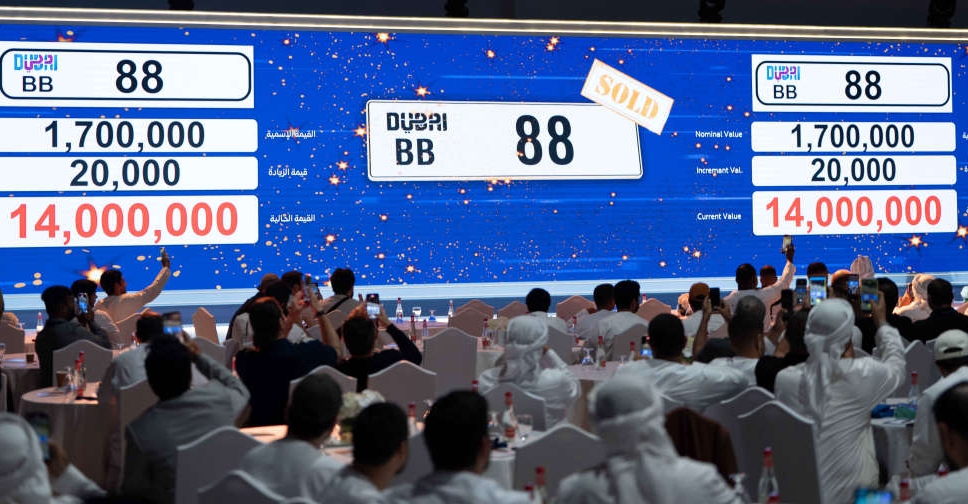 Dubai 'super' plate BB 88 secures AED14 million at RTA auction
Dubai 'super' plate BB 88 secures AED14 million at RTA auction
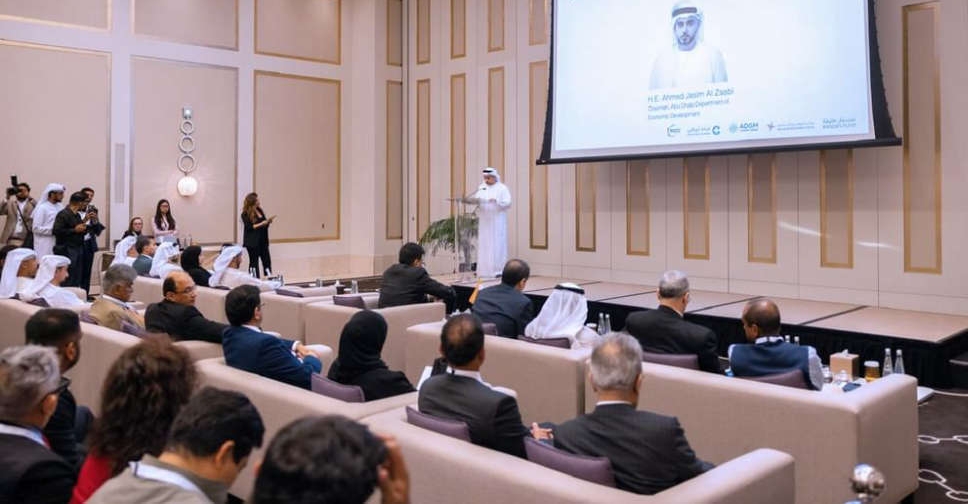 Abu Dhabi-India Business Forum to deepen trade, investment ties
Abu Dhabi-India Business Forum to deepen trade, investment ties
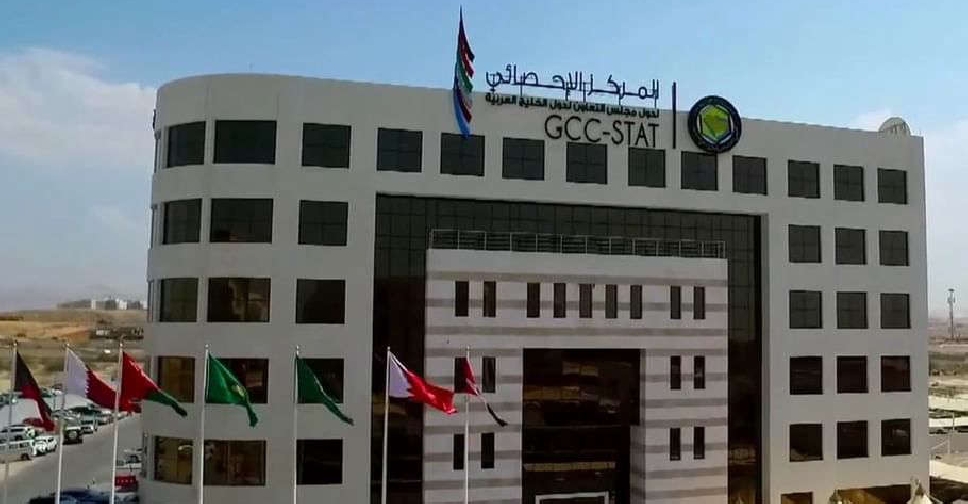 GCC tourism and travel hits $247.1 billion in 2024
GCC tourism and travel hits $247.1 billion in 2024
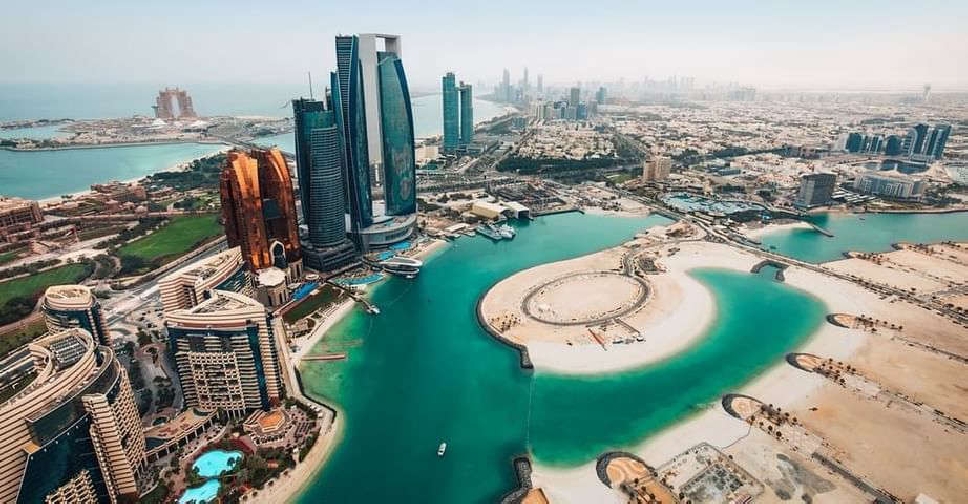 39,546 tourism, hospitality, aviation licences issued up to mid-September: UAE Minister
39,546 tourism, hospitality, aviation licences issued up to mid-September: UAE Minister
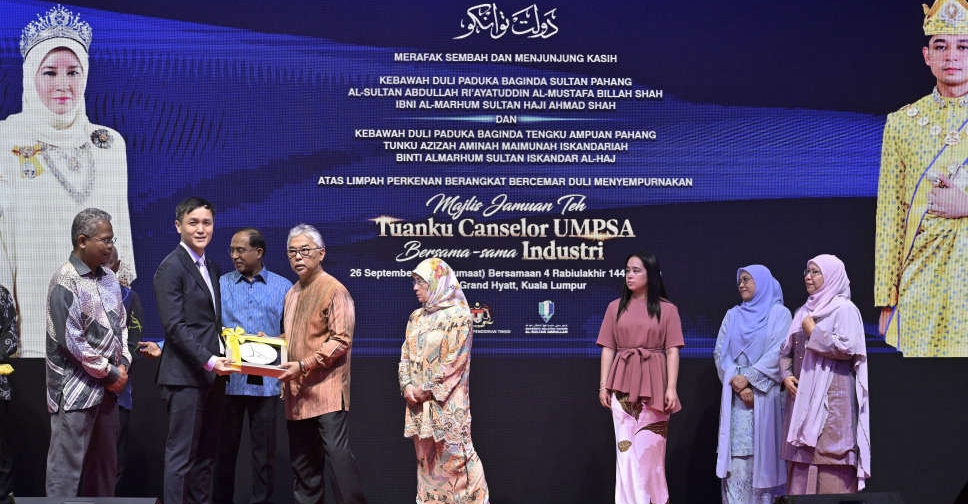 Abu Dhabi, Malaysia cooperate on developing next-gen autonomous platforms
Abu Dhabi, Malaysia cooperate on developing next-gen autonomous platforms
